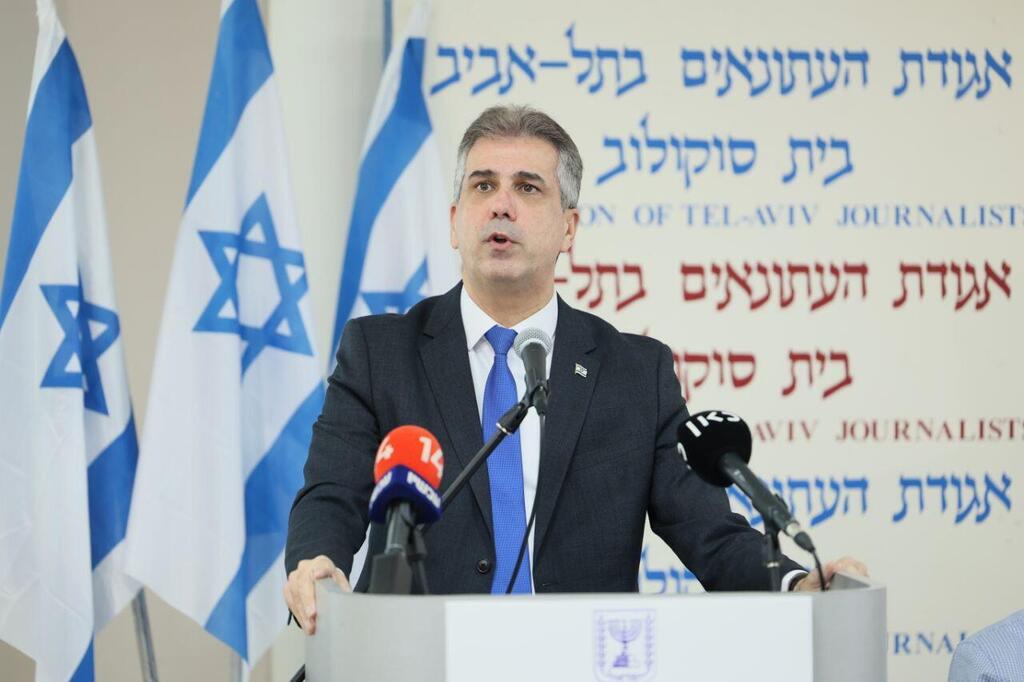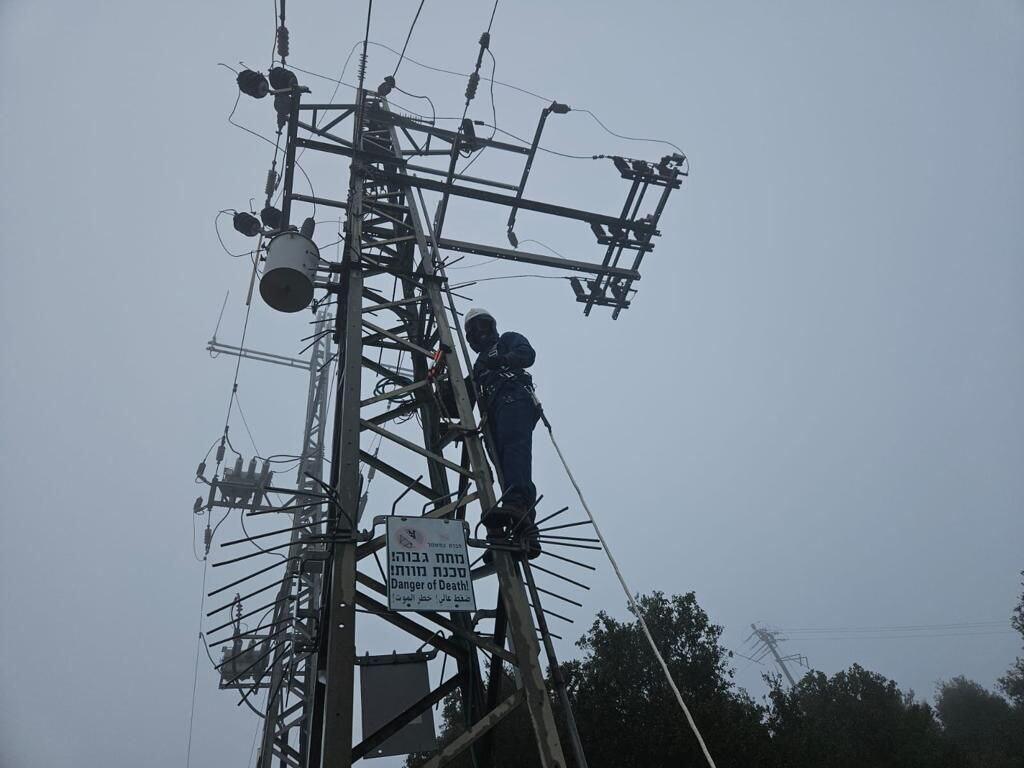Getting your Trinity Audio player ready...
Energy Minister Eli Cohen said on Wednesday that Israel was preparing for the possibility of a disruption in its electricity supply by bolstering its defenses of the electricity grid as threats of an attack from Iran and proxies that may impact strategic infrastructure, have grown.
"The rumors of scenarios of power outages for weeks or months are baseless and the likelihood of this is non-existent," Cohen said in a video he released.
"Even in an extreme scenario of an attack on an energy facility, we have established an unprecedented backup system that allows us to redirect electricity within a short time to any affected area. It is important to note that Israel currently has the ability to generate electricity from a wide variety of sources spread throughout the country, above ground, deep underground, and in the sea. We have gas reserves, vast reservoirs of solar power, extensive coal reserves, and we generate electricity on a large scale from renewable energy sources at numerous sites," he said.
The minister said billions of shekels were spent to ensure regular energy supply to all Israeli citizens, in routine and in times of emergency. "No one will be cut off from electricity for an extended period of time," he said in an effort to calm public concerns.
"It is important to act responsibly and to heed the instructions of the Home Front Command, which I emphasize, have not changed," Cohen said after some in the public purchased generators, satellite phones and batteries to prepare for a possible strike in retaliation for the killing of a senior Iranian Revolutionary Guard Corps commander last week.
Iranian leaders have said the strike on Damascus that killed Mohammad Reza Zahedi and six other senior members of the IRGC, would not go unpunished.
To prepare for all possible outcomes of a massive attack by Iran or Hezbollah, on Tuesday the Transportation Ministry conducted an exercise to ensure there is continued freedom of travel by land air and sea, and that roads were clear to allow supply chains to continue.
"From a long-term perspective, I instructed the ministry's director-general to continue to formulate a multi-year strategic plan and establish dedicated task forces to bolster readiness not only for near-term scenarios but also for the future," Regev said. "We have accumulated knowledge, experience, and understanding. I wish all this remains within the realm of 'scenario,' and for better days."




